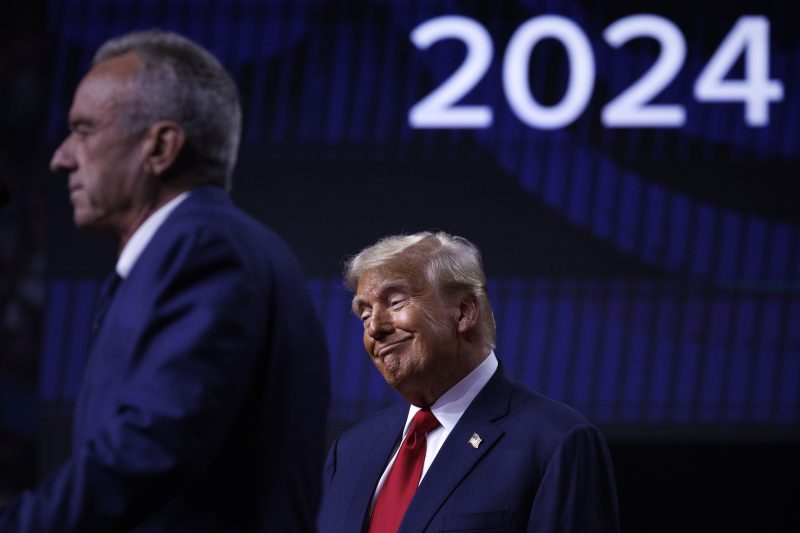The world of politics is a complex and often confusing realm where truth and fiction can become intertwined, particularly during election season. As candidates strive to win over voters and paint the best possible picture of themselves, it can be challenging to determine what is fact and what is fiction. In the age of social media and rapid information sharing, distinguishing between the two can be even more daunting.
One of the most widespread pieces of misinformation during election cycles is the concept of fake news. This term refers to misleading or false information that is presented as legitimate news. With the rise of social media platforms as primary sources of news for many individuals, fake news stories can spread like wildfire, shaping public opinion and influencing the outcome of elections. It is crucial for voters to be vigilant and fact-check information before believing and sharing it.
Another common misconception during elections is the idea that political candidates always fulfill their campaign promises. While candidates may make bold claims and promises to win over voters, the reality is that delivering on those promises can be a challenging and lengthy process. Factors such as political opposition, budget constraints, and unforeseen circumstances can all impact a candidate’s ability to follow through on their commitments. It is important for voters to be cautious and realistic when evaluating campaign promises.
A key aspect of the election process that often blurs the line between fact and fiction is political advertisements. Candidates and their supporters invest heavily in advertising campaigns to promote their agenda and persuade voters. These advertisements often contain carefully crafted messages designed to sway public opinion in favor of a particular candidate. While political advertisements can be informative, they can also be highly subjective and misleading. It is essential for voters to critically evaluate the content of political ads and seek out additional sources of information to make informed decisions.
The role of the media in elections also contributes to the dissemination of both fact and fiction. News outlets play a crucial role in informing the public about candidates, policies, and election developments. However, media bias and sensationalism can distort the truth and obscure important issues. Consumers of news media must be discerning and seek out diverse perspectives to gain a well-rounded understanding of the political landscape.
In conclusion, navigating the world of elections can be a challenging task, especially when faced with a deluge of information and competing narratives. It is essential for voters to critically evaluate the information presented to them, fact-check sources, and remain open-minded to different viewpoints. By being vigilant and informed, voters can make empowered decisions that align with their values and contribute to a healthy and democratic electoral process.

